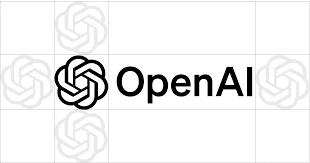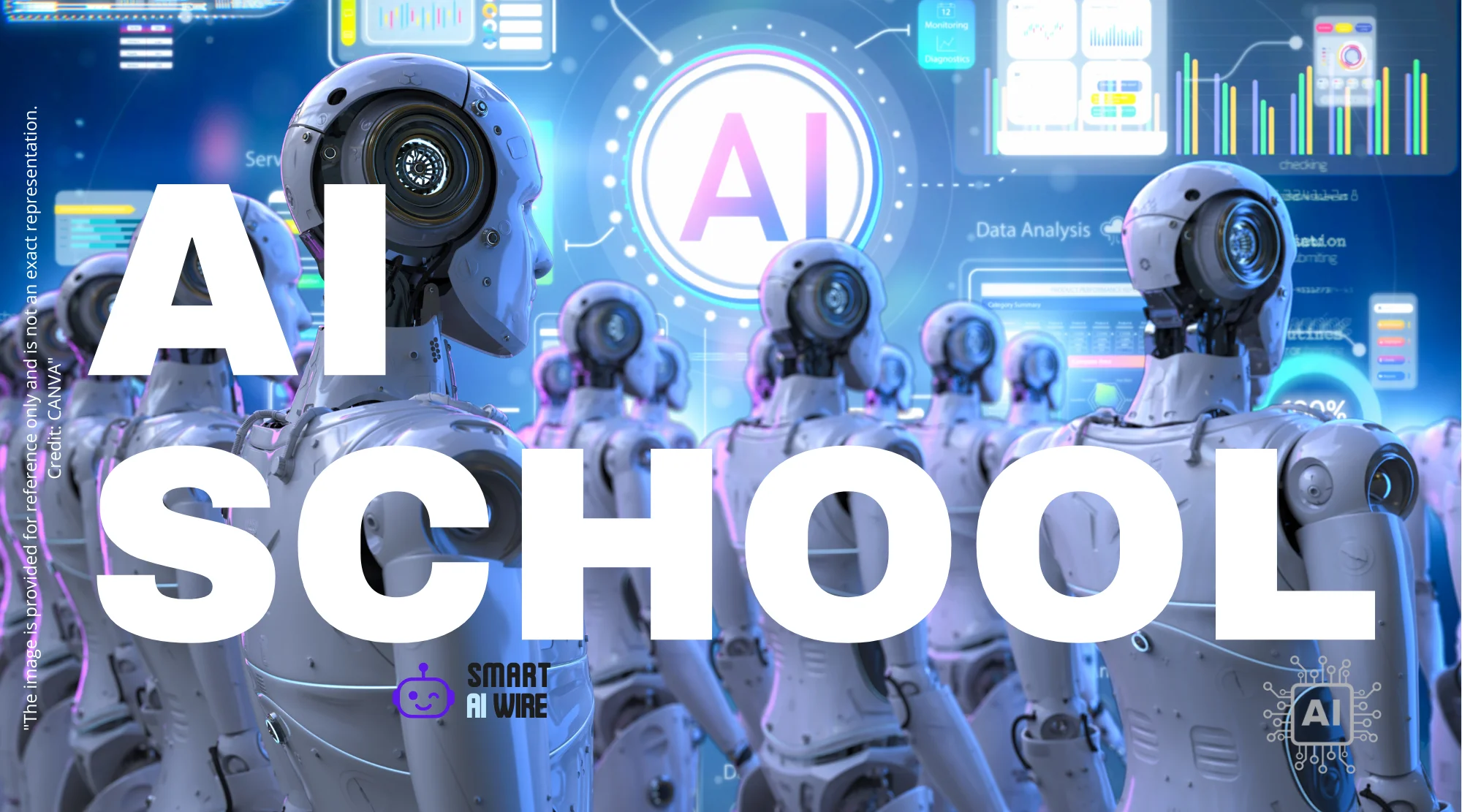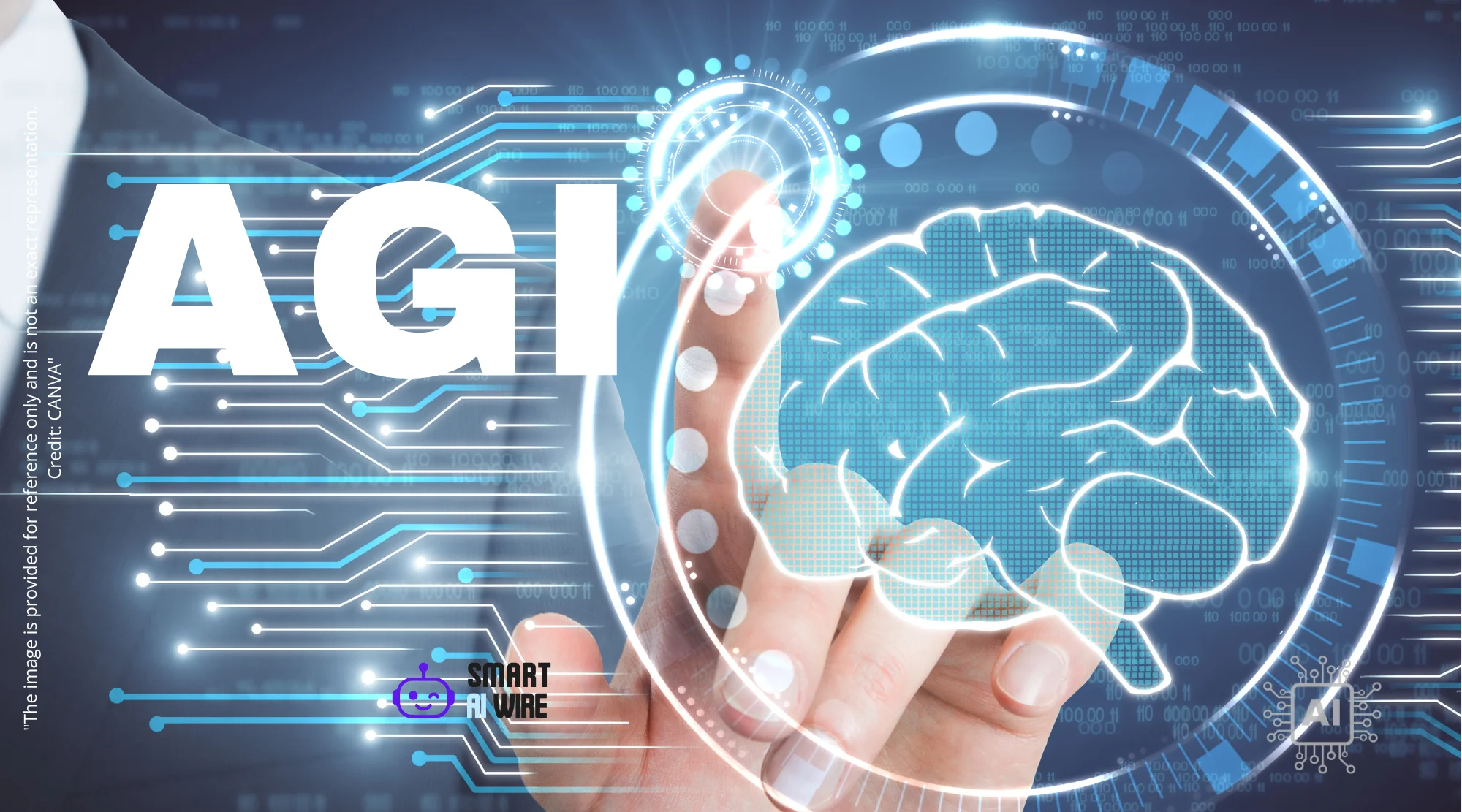OpenAI’s Ambitious Hardware Plans: Beyond the Smart Speaker
The artificial intelligence landscape is rapidly evolving, and OpenAI, the company behind ChatGPT, is poised to make a significant splash in the hardware market. Building on its partnership with former Apple design chief Jony Ive, OpenAI is reportedly developing a range of AI-powered devices, including a smart speaker, smart glasses, a voice recorder, and even a wearable pin. This expansion signifies a bold move by OpenAI, venturing beyond software and into the creation of physical products to enhance user experiences and broaden its reach. This article will delve into the details of OpenAI’s hardware aspirations, exploring the potential impact of these devices and their implications for the future of AI.

OpenAI’s Hardware Arsenal: A Glimpse at the Future
Reports indicate that OpenAI is exploring several innovative hardware concepts. The most concrete of these is a smart speaker, potentially without a display, reminiscent of a minimalist design philosophy. The company is also considering smart glasses, which could provide an augmented reality interface, and a digital voice recorder, offering advanced transcription and analysis capabilities. Finally, a wearable AI pin is also on the horizon. These diverse product categories indicate a strategic approach to integrate AI into various facets of daily life. It aims to offer various entry points into the AI ecosystem, each tailored to solve a specific problem or provide a unique advantage.
Supply Chain and Manufacturing: Tapping into Apple’s Network
OpenAI is leveraging its partnership with Jony Ive and the existing Apple supply chain to accelerate its hardware development. The company is reportedly working with Luxshare and Goertek, two key Apple suppliers, to manufacture components for its devices. This move to Apple’s supply chain provides OpenAI with access to established manufacturing expertise and resources. This strategic alignment allows OpenAI to focus on design and software development, reducing the time-to-market for its new products. As the competition heats up in the AI hardware arena, companies like OpenAI will need to optimize their supply chains to secure their place in the market.
The Impact of AI Devices on Daily Life
OpenAI’s hardware devices have the potential to reshape how we interact with technology daily. Imagine having a smart speaker that understands your needs and anticipates your requirements or smart glasses that provide real-time information and augmented reality overlays. A digital voice recorder could revolutionize how we capture and process information, making it easier to manage notes and meetings. These devices are also likely to be deeply integrated with OpenAI’s AI models. Such integration will enable the devices to offer more intelligent and personalized experiences, offering a level of assistance currently unavailable. For additional insights on the possibilities of AI integration, check out our article on Google Gemini Nano Banana AI: 10 Viral Photo Prompts for Stunning Transformations.
Addressing the Challenges and Considerations
As OpenAI ventures into the hardware domain, it must navigate several challenges. The company must contend with the established players in the consumer electronics market, such as Apple and Samsung. Design, manufacturing, and distribution logistics can be complicated, and any device with personal information needs robust privacy and security measures. Another key consideration is the adoption rate of AI devices. While the concept of AI-powered gadgets is attractive, the market can only grow by addressing these challenges.
The Future is Intelligent: OpenAI’s Vision and Beyond
OpenAI’s foray into hardware represents a long-term strategic bet on the future of AI. By developing a diverse range of devices, the company aims to integrate AI seamlessly into people’s lives. While the exact details of these devices remain undisclosed, the ambition and focus on innovation are clear. The combination of OpenAI’s AI expertise with Jony Ive’s design prowess and Apple’s supply chain could revolutionize the industry. As AI continues to evolve, the lines between the physical and digital worlds will blur, and companies like OpenAI will lead the way. If you want to learn more about the power of AI’s potential, read our article on the AI Revolution: Decoding the Future of Intelligence and Innovation.



